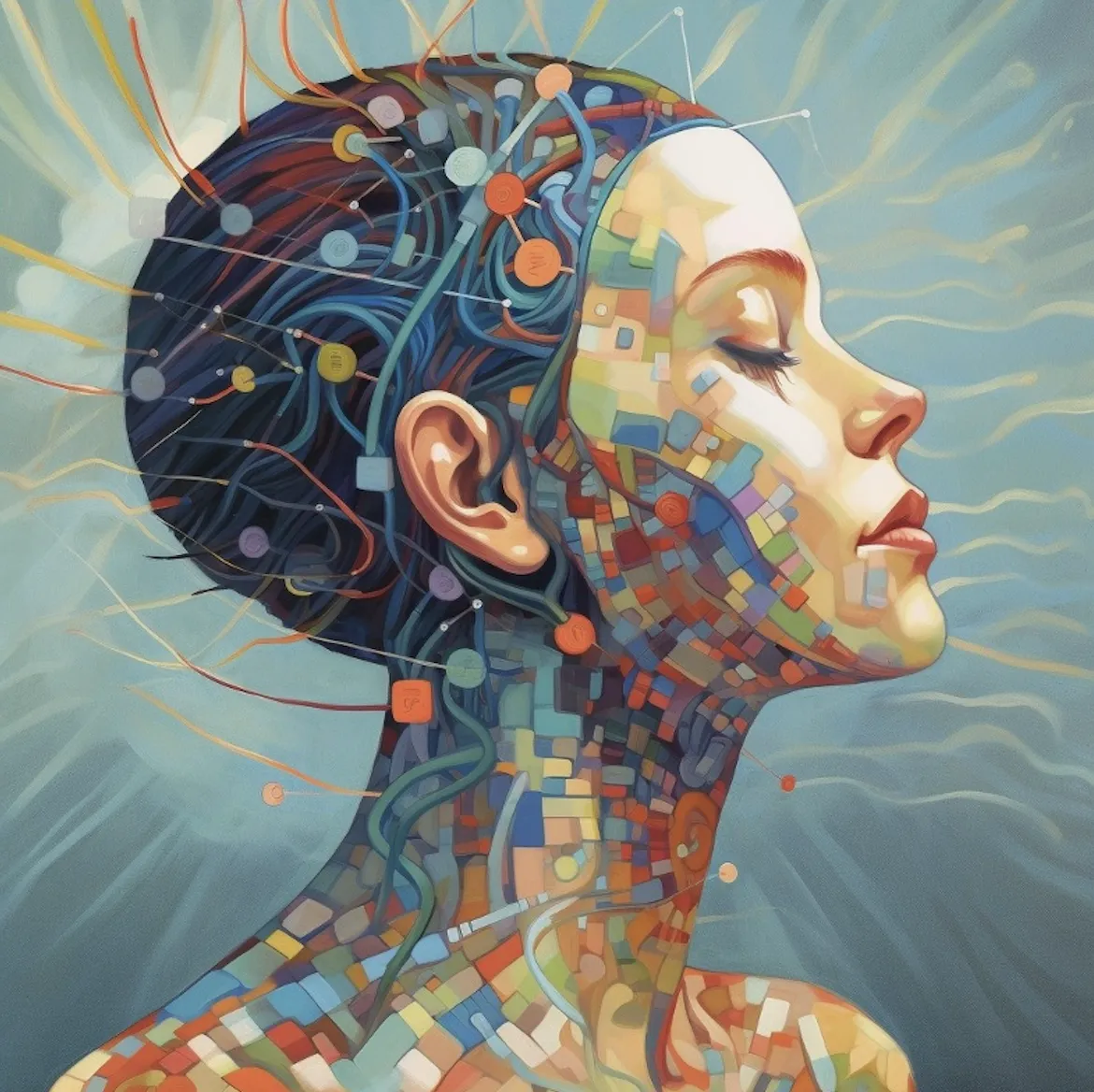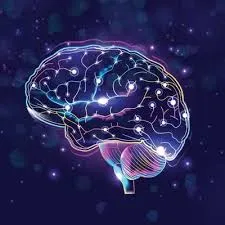Strength Through Connections
Integrated Behavior Health
for Effective Pain Managment
Break The Cycle Of Pain

Consultation
Our counseling approach has been designed to assist you with tapping into your full potential throughout your pain management experience. We will provide you with the added insight you need to set personal or professional goals, which will give you the life you really want.

Compliance
We understand that managing chronic pain can be difficult, and setbacks happen. Some challenges are beyond your control, but many can be improved with the right support. We're here to help you get back on track with your physician's treatment plan in a compassionate, nonjudgmental way—you're not alone in this journey!

Client Portal
We provide workshops aimed to foster a sense of community and provide valuable support for individuals grappling with chronic pain by creating a space for shared experiences and collaborative strategies.

Helping you take control of your chronic pain
Pain is an all-too-familiar problem and the most common reason that people see a physician. Unfortunately, alleviating pain isn't always straightforward.
At least 100 million adults in the United States suffer from chronic pain, according to the Institute of Medicine. The American Academy of Pain Medicine reports that chronic pain affects more Americans than diabetes, heart disease and cancer combined.
Understanding and managing the thoughts, emotions and behaviors that accompany your discomfort can help you cope more effectively with your pain — and can actually reduce the intensity of your pain.
Read Our Latest Blogs

5 Mind-Blowing Brain Facts That Will Change How You See Yourself
5 Mind-Blowing Brain Facts That Will Change How You See Yourself
Your brain is arguably the most fascinating organ in your body, yet most of us barely scratch the surface of understanding how it works. These five remarkable facts reveal just how extraordinary this three-pound universe inside your skull really is.
1. Pain Is "Not In Your Head", but "All in Your Brain"—Literally
Here's something that might surprise you: without your brain, there is no pain. While this might sound like philosophical wordplay, it's a fundamental truth about how pain works. The stubbed toe, the paper cut, the headache—none of these sensations exist until your brain interprets the signals it receives.
When you touch a hot stove, specialized nerve endings called nociceptors detect the harmful stimulus and send electrical signals racing up (Ascending pathway) your spinal cord to your brain. It's only when these signals reach specific brain regions—particularly the somatosensory cortex and limbic system—that the raw data transforms into the experience we call "pain" (Descending pathway).
This explains why pain medications work by either blocking these signals or changing how the brain processes them. It also reveals why psychological factors like stress, fear, and attention can dramatically influence how much pain we feel. Your brain isn't just a passive receiver of pain—it's the active creator of your entire pain experience.
2. Your Brain Is Both Director and Actor
Most people think of the brain as the body's computer, processing information and making decisions. Here's what's truly remarkable: your brain doesn't just receive information from your body—it constantly sends directions back out, telling your body what to do (Descending pathway).
This isn't just about conscious decisions such as "move my arm" or "walk to the kitchen." Every second of every day, your brain is orchestrating an incredibly complex symphony of bodily functions. It's adjusting your heart rate based on your activity level, fine-tuning your breathing patterns, regulating hormone production, managing your immune responses, and coordinating thousands of other processes you never consciously think about.
When you see a beautiful sunset, your brain doesn't just process the visual information—it simultaneously adjusts your pupil size, modifies your emotional state, potentially changes your posture, and might even influence your breathing pattern. Your brain and body exist in a constant, dynamic conversation where each influences the other in real-time.
3. Your Brain Never Takes a Break
Perhaps the most staggering fact about your brain is this: it "reads" everything going on in your body 30 times per second for your entire life. Imagine trying to consciously monitor your heart rate, blood pressure, hormone levels, digestive processes, immune system activity, muscle tension, and thousands of other variables, updating this assessment 30 times every single second, without ever taking a break—not even when you sleep.
This constant monitoring system is called interoception, and it's happening right now as you read these words. Your brain is simultaneously tracking the feeling of your clothes against your skin, the rhythm of your breathing, the position of your body in space, the fullness of your stomach, and countless other internal signals.
This continuous stream of information doesn't just keep you alive—it forms the foundation of your emotions, influences your decision-making, and shapes your sense of self. That "gut feeling" you get about a decision? That's your brain integrating signals from throughout your body into a form of embodied wisdom.
4. Your Brain Rewrites Itself Throughout Your Life
For decades, scientists believed that adult brains were essentially fixed—that you were born with all the neurons you'd ever have, and that was that. We now know this is spectacularly wrong. The adult brain changes throughout our lives based on the information it receives from our bodies.
This phenomenon, called Neuroplasticity, means your brain is constantly rewiring itself based on your experiences, thoughts, and even the physical sensations from your body. Learn a new skill, and your brain literally grows new neural connections. Practice meditation regularly, and brain scans show measurable changes in areas associated with attention and emotional regulation.
But here's where it gets interesting: the information flowing up (Ascending pathway) from your body—your posture, breathing patterns, heart rate variability, and even your gut bacteria—directly influences how your brain rewires itself. This means that changing how you use your body can literally change your brain, which in turn changes how you think and feel.
5. Your Brain's Map of You Is Beautifully Very Distorted
The final mind-bending fact brings us to the homunculus—your brain sees you very differently than you see yourself. If you were to draw a human figure based on how much brain space is devoted to each body part, you'd create something that looks more like a funhouse mirror reflection than an anatomically correct person.
This neurological map, called the sensory homunculus (See Image below), is a tiny person with enormous hands and lips, a massive tongue, oversized feet, and a relatively small torso and limbs. That's because your brain devotes much more processing power to areas like your hands (for fine motor control), lips and tongue (for speech and eating), and genitals (for obvious evolutionary reasons) than it does to areas like your back or shins.

This isn't just an interesting curiosity—it reveals something profound about human nature. Your brain's representation of your body reflects not what you look like, but what matters most for your survival and interaction with the world. Your hands get so much brain real estate because they're your primary tools for manipulating your environment. Your lips and tongue occupy massive amounts of neural real estate because they're essential for both communication and eating—two functions critical to human survival and social connection.
The Bigger Picture
These facts reveal a profound truth: you are not separate from your brain, and your brain is not separate from your body. You exist as an integrated system where brain, body, and mind constantly influence each other in ways we're only beginning to understand.
The next time you feel a "gut instinct," remember that your brain is literally reading signals from your gut. When you change your posture and suddenly feel more confident, know that you're experiencing real neurological changes, not just psychological ones. And when you learn something new or have a powerful experience, recognize that you're participating in the ongoing creation of yourself at the most fundamental neurological level.
Your brain isn't just the command center of your body—it's the author of your reality, the sculptor of your experience, and your lifelong partner in the remarkable journey of being human.
"Pain is not in your head, and the solution is not in your body."
-Dr. Howard Schubiner, MD

© 2024 Connected Care
